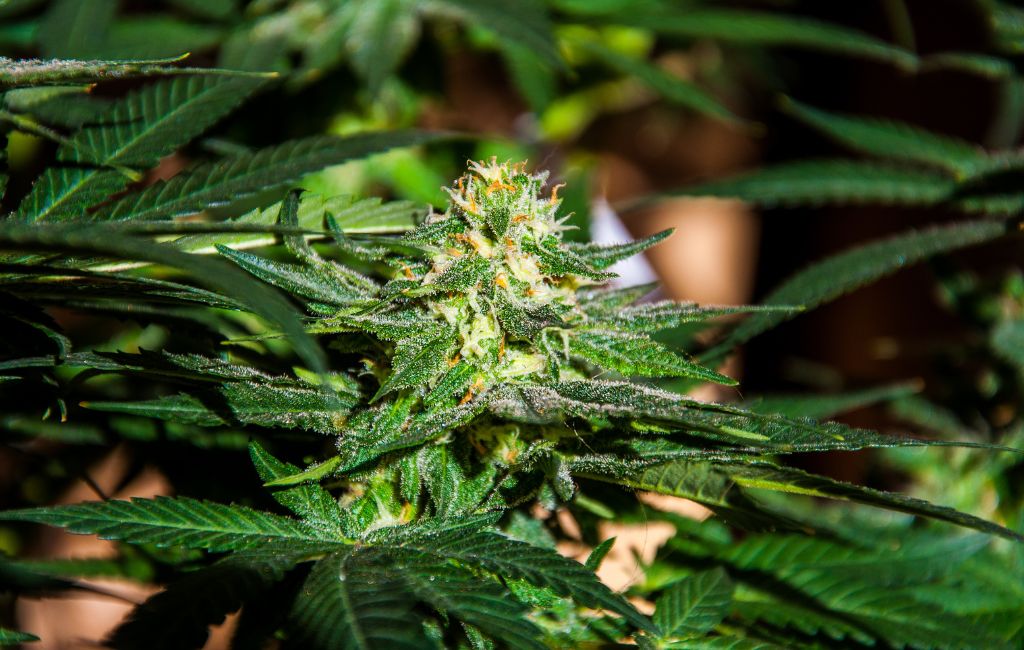
THCa Flowers: Natural Trend Redefining Wellness
THCa Flowers: Natural Trend Redefining Wellness
In recent years, the wellness industry has witnessed a surge in interest surrounding natural remedies and holistic approaches. Among these, THCa flowers have emerged as a promising option for those seeking alternative wellness solutions. This article explores the potential benefits, scientific backing, and growing popularity of THCa flowers.
Understanding THCa: The Precursor to THC
THCa, or tetrahydrocannabinolic acid, is a non-psychoactive cannabinoid found in raw cannabis plants. Unlike THC, which is known for its psychoactive effects, THCa does not produce a “high.” This distinction makes THCa an attractive option for individuals interested in the therapeutic properties of cannabis without the mind-altering effects.
The Science Behind THCa
THCa is the acidic precursor to THC. When cannabis is exposed to heat through smoking, vaping, or cooking, THCa undergoes decarboxylation, converting into THC. This process is what activates the psychoactive properties of cannabis. However, when consumed in its raw form, THCa remains non-psychoactive, allowing users to experience potential health benefits without intoxication.
Potential Health Benefits of THCa Flowers
Research into the therapeutic properties of THCa is still in its early stages, but preliminary studies and anecdotal evidence suggest several potential benefits:
- Anti-inflammatory Properties: THCa may help reduce inflammation, making it a potential option for individuals with conditions like arthritis or inflammatory bowel disease.
- Neuroprotective Effects: Some studies indicate that THCa might have neuroprotective properties, which could be beneficial for neurodegenerative diseases such as Alzheimer’s or Parkinson’s.
- Anti-emetic Benefits: THCa has shown promise in reducing nausea and vomiting, particularly in patients undergoing chemotherapy.
- Appetite Stimulation: Similar to THC, THCa may help stimulate appetite, which can be beneficial for individuals with eating disorders or those undergoing treatments that suppress appetite.
THCa Flowers in the Wellness Market
The growing interest in THCa flowers can be attributed to several factors, including the increasing demand for natural wellness products and the desire for non-psychoactive cannabis options. As more consumers seek alternatives to traditional pharmaceuticals, THCa flowers are gaining traction as a viable option.
Case Studies and Consumer Experiences
Several case studies and consumer testimonials highlight the potential benefits of THCa flowers. For instance, a study conducted by a California-based wellness center found that patients using THCa-rich products reported significant improvements in pain management and inflammation reduction. Additionally, many users have shared personal stories of how THCa flowers have positively impacted their quality of life, particularly in managing chronic conditions.
Legal Considerations and Accessibility
The legal status of THCa flowers varies by region, as cannabis laws differ worldwide. In some areas, THCa is classified similarly to THC, while in others, it is considered legal due to its non-psychoactive nature. This legal ambiguity can affect accessibility and availability for consumers.
Despite these challenges, the market for THCa flowers continues to expand, with more dispensaries and online retailers offering THCa-rich products. As public awareness and scientific research progress, it is likely that legal frameworks will evolve to accommodate the growing demand for THCa flowers.
Future Prospects and Research Directions
The future of THCa flowers in the wellness industry looks promising, with ongoing research exploring their full potential. Scientists are investigating the specific mechanisms through which THCa exerts its effects, as well as its interactions with other cannabinoids and terpenes. This research could pave the way for more targeted and effective THCa-based therapies.
Moreover, as consumer interest in natural and holistic wellness solutions continues to rise, THCa flowers are poised to become a staple in the wellness market. Their non-psychoactive nature and potential health benefits make them an appealing option for a wide range of individuals seeking alternative remedies.
Conclusion
THCa flowers represent a natural trend that is redefining the wellness landscape. With their potential anti-inflammatory, neuroprotective, and anti-emetic properties, they offer a promising alternative for those seeking non-psychoactive cannabis options. As research progresses and legal frameworks adapt, THCa flowers are likely to play an increasingly significant role in the wellness industry, providing consumers with new avenues for achieving optimal health and well-being.